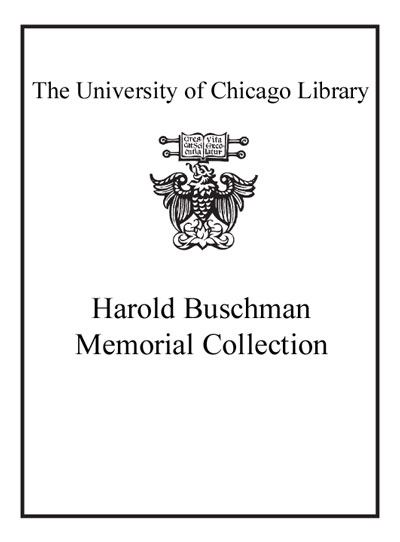| Summary: | Social identity, social memory, and narrative theory intersect in this study of the characterization of Peter and Paul in the book of Acts. Baker argues that the authorial audience's memories of Peter and Paul are reinterpreted as their characters are encountered in the narrative, and as a result, the audience is to understand themselves as united by a superordinate ingroup identity that transcends cultural boundaries. As prototypes of this common identity, the characters of Peter and Paul demonstrate the open, inclusive identity the audience is expected to embrace.
|
|---|

